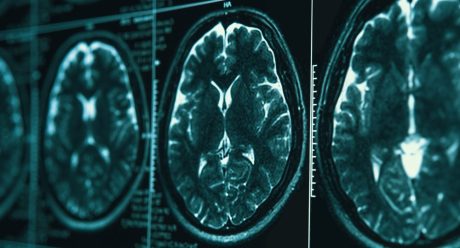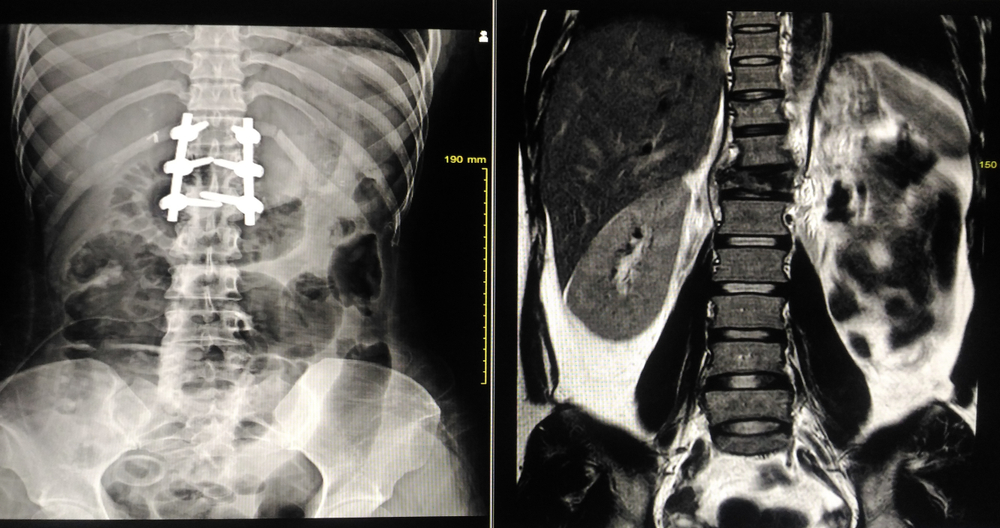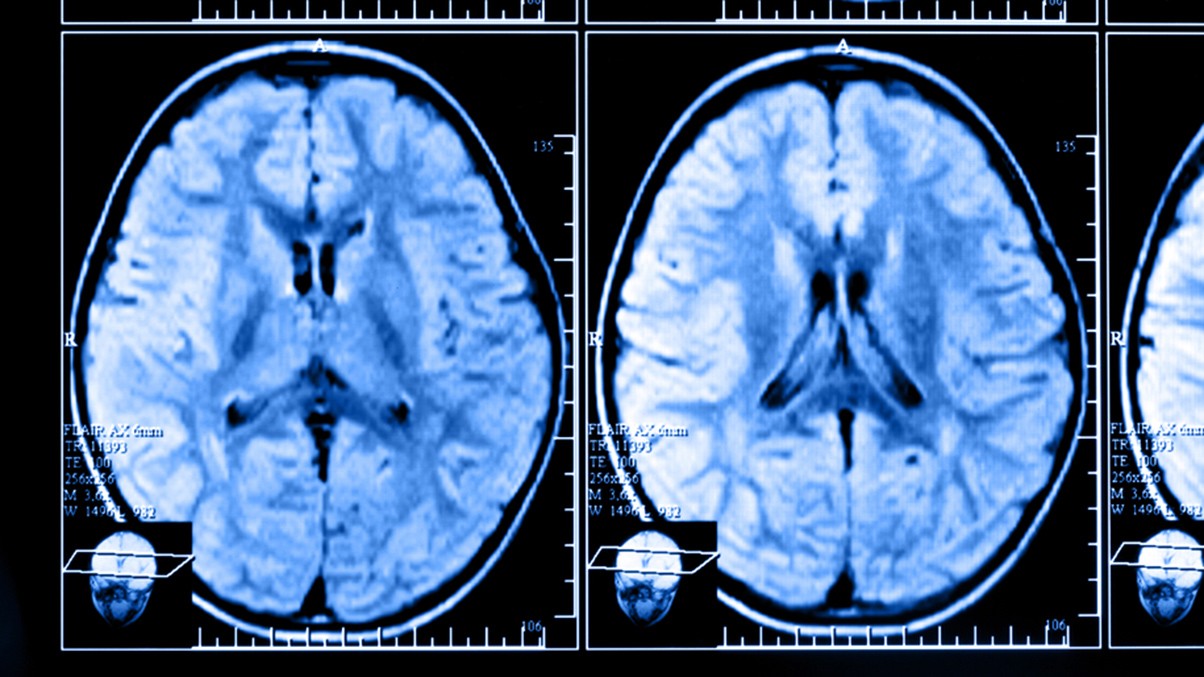The High Court has approved the final settlement of a claim brought on behalf of PJH, a 47-year-old man who sustained severe head injuries following an attempted suicide, whilst experiencing psychosis. As part of the liability settlement, the Court ordered that the claimant’s name be anonymised to ‘PJH’. Partner Hugh Johnson of Stewarts represented PJH, together with Christopher Johnston KC of Serjeants Inn Chambers.
PJH was injured when he leapt from a first-floor window whilst suffering from a psychotic episode. He sustained multiple orthopaedic injuries and a severe brain injury. PJH is degree educated and remains cognitively aware, but as a result of his brain injury he is now unable to use his limbs or to communicate verbally. He uses a computer with eye-tracking technology to ‘dictate’ speech and to send emails. He requires 24-hour support and care. Seven-figure damages were approved by the High Court, which will allow PJH to live his life to its full potential, giving him back control and independence.
Background to the claim
PJH began experiencing obvious symptoms of mental illness in June 2015, at which point he was referred for community mental health treatment under the care of West London NHS Trust (“the Trust”). As part of those arrangements, he was assigned his own care co-ordinator who was responsible for preparing risk plans and to act as co-ordinator between PJH, his family and the various medical professionals involved with his care, such as his GP and Consultant Psychiatrist.
In December 2015, PJH’s care coordinator left his role and was not replaced. This coincided with a significant deterioration in PJH’s mental state. There was no care coordinator to observe that deterioration directly and no one for the family to directly report their concerns. PJH began to express suicidal plans, to include jumping from a window. Despite the family’s attempts to organise a medical review, none was forthcoming. PJH was not prescribed any anti-psychotic medication which would likely have alleviated his symptoms. By that time that PJH was seen by a psychiatrist (on the day of his injury) family members were already undertaking what they described as a ‘suicide watch’. Despite this, PJH was not admitted to hospital.
Allegations of fault
PJH alleged negligence on the basis that:
- He was unsupported after his care coordinator left. That was against both local and national policy.
- There were multiple opportunities for the Trust to respond to family concerns by appointing a new care coordinator and to schedule an early appointment with a consultant psychiatrist.
- Had PJH been seen earlier, he would have been prescribed anti-psychotic medication weeks earlier, such that his psychotic illness would have abated, and he would not have jumped from the window at the family home.
- PJH could have been detained for medical treatment on 5 February 2016, rather than returned home, at a point in which he was so ill that the family could not safely care for him.
Settlement
No admissions were made in relation to the allegations of negligence, but following the exchange of expert evidence, terms were agreed as to the liability for the Claimant’s injury, with the Trust bearing 52.5% liability for the injuries sustained. The litigation then continued in order that the parties could undertake a valuation of the claim.
Counsel, Christopher Johnston KC of Serjeants’ Inn Chambers was instructed to represent PJH and provided advice throughout the long-running litigation. The parties met to negotiate terms in March 2023, approximately 3 weeks before the claim was due to be heard at trial. A large seven-figure settlement was then negotiated, including sums for loss of earnings and pension, accommodation, travel, medical care, 24 hour care and case management, additional holiday and leisure costs, rehabilitation and therapies. This settlement was subsequently approved by the High Court.
Life after injury
The settlement ensures PJH has the financial security to enable him to live the rest of his life to his full potential. It will also give him back some much-needed autonomy, by allowing him to live in suitable adapted accommodation. A case manager is in place to ensure that he will have access to care and support. He has been able to receive medical treatment and therapies which would not otherwise be available. In particular, his speech and language therapy and music therapies have assisted to improve his communication skills and he has undergone wrist surgery has improved some of his hand function.
PJH now has access to a bespoke power wheelchair, which he is able to control himself with the limited hand function that he has. The family have also recently taken delivery of a new adapted vehicle, together these changes have allowed PJH to access the community as never before.
Testimonial from PJH
Using his eye-gaze technology, PJH said of the settlement: “Hugh, a heartfelt thanks for blessing me with care for rest of my life. It is a supreme blessing.”
Paralegal Kat Velasco Boyer contributed to this article
You can find further information regarding our expertise, experience and team on our Clinical Negligence page.
If you require assistance from our team, please contact us.
Subscribe – In order to receive our news straight to your inbox, subscribe here. Our newsletters are sent no more than once a month.






